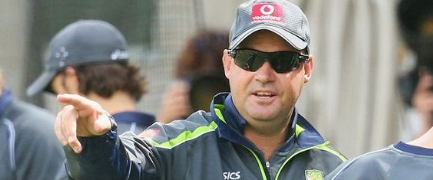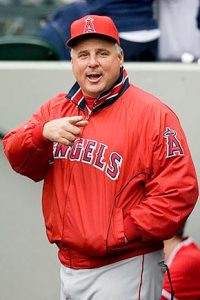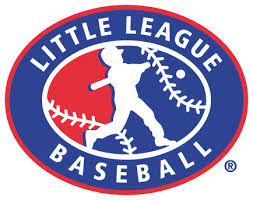Mistakes Commonly Made by Coaches

Coaches are the people who offer leadership and guidance, the people who the team looks up to for answers and assistance, but they too are only human and hence make mistakes. Some mistakes are less severe than others, and some could be considered to be merely embarrassing, but others can have detrimental effects on coaches and teams over the long run. Let’s explore some mistakes which coaches commonly find themselves making.
Regardless of how passionate coaches are about their careers and their teams, the truth of the matter is that coaches are in a position where a lot is expected from them on both a physical as well as on mental and emotional levels. Hence they must find a balance between work and relaxation to recharge and be able to give.
Poor Systems
Having a system in which your work form is vital, but the system should fulfil the purpose of a structure and not dictate every single step taken. A coach can easily fall into the trap of getting immersed in a rigid and restrictive system which will limit his coaching opportunities and not be beneficial to the development of the team at all.
Improving unity within a team is vital and crucial for success during competition. Still, it is essential to remember that each of the members of the group is a person with individual needs and concerns as well, and the coach should not neglect these. A team is only as strong as its weakest member, and hence, it is vital to ensure that each team member can deliver their top performance.
Neglecting Voices
As much as a coach loves to share wisdom and skills, as necessary is it not to talk too much. Whenever a coach is going on talking too much or going into long team talks, it can result in players becoming shut down and not taking in what is being said at all. It is much more advisable to listen sometimes, leave moments for reflection and contemplation and emphasize the silence in between. State your message clearly and give the team time to process the message internally.
When help is needed, or something is required, which is not your field of expertise, it is advised that assistance is requested. Sometimes getting a team member involved in some other aspect of the team’s organization can improve their sense of belonging and show them that you value their contribution. This can have a positive effect on the field. Delegating some of your responsibilities to people who can take it off your hands, can free the coach up to attend to matters which is vital to the success of the team.




